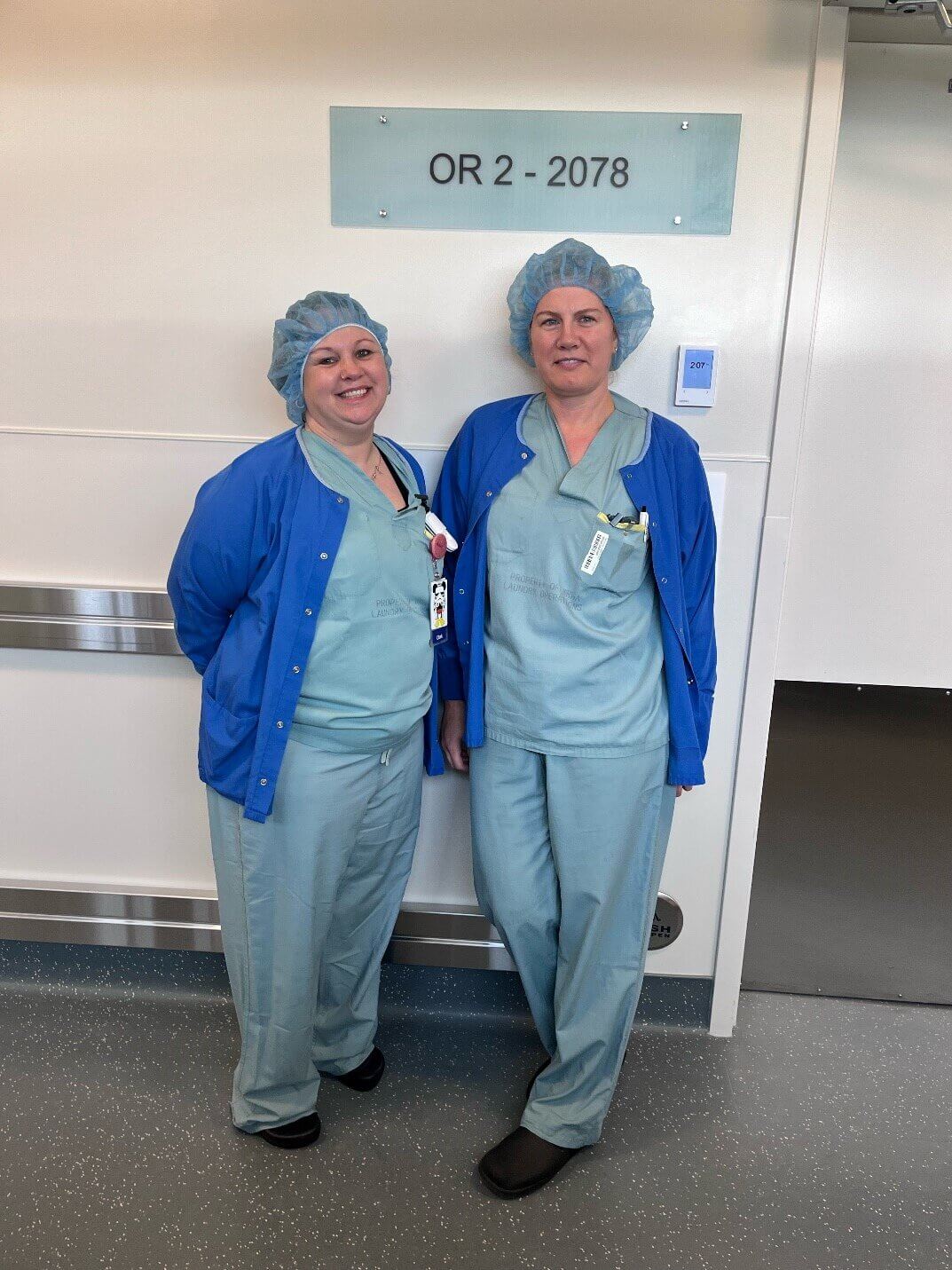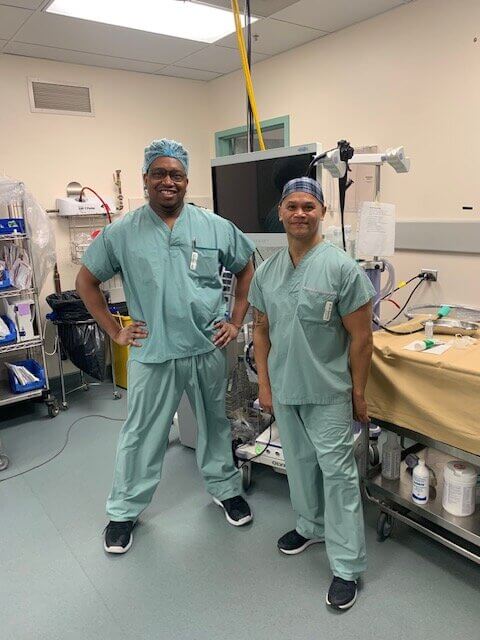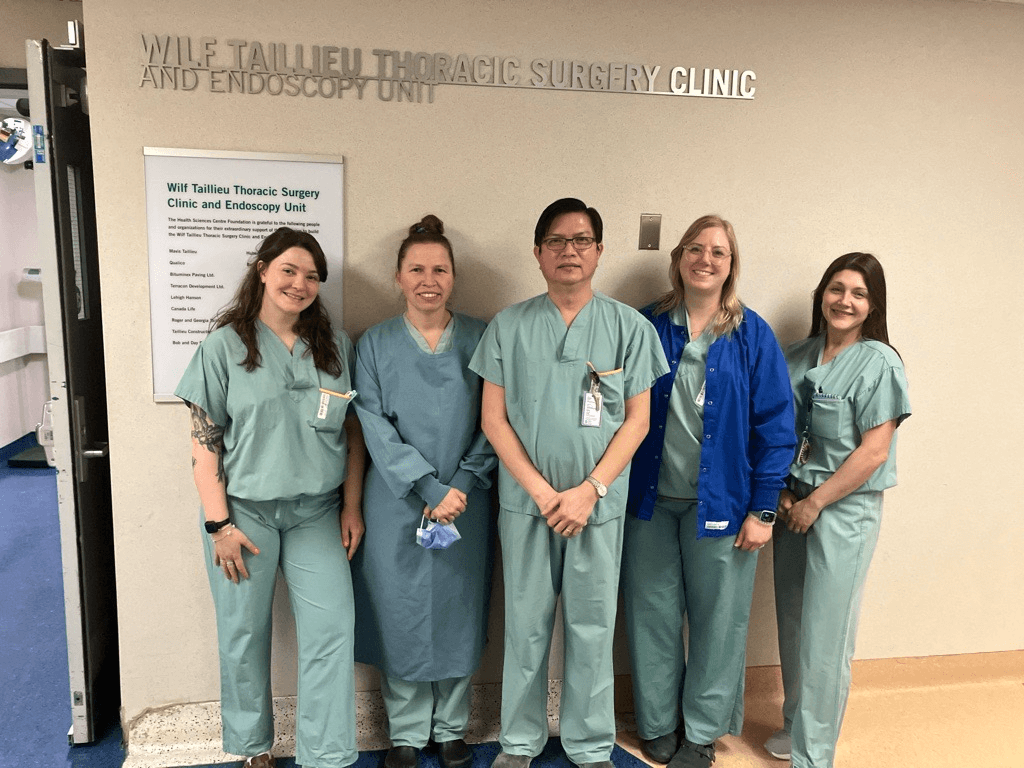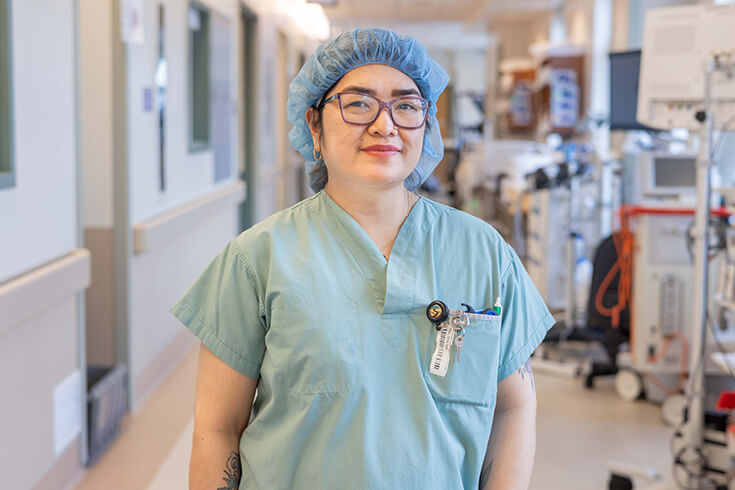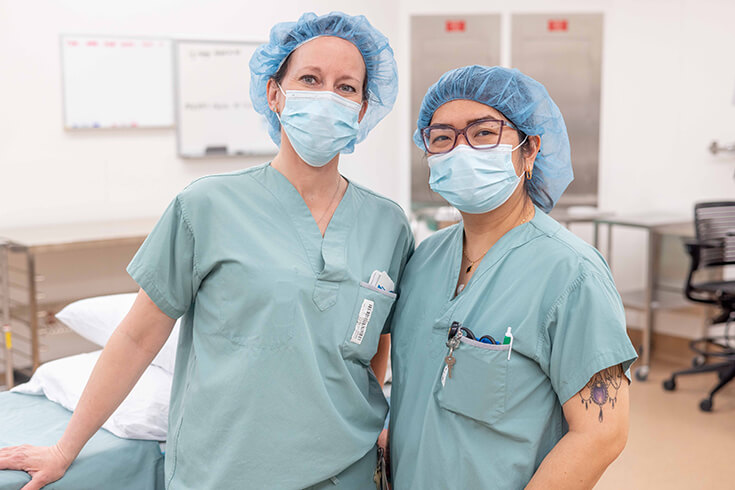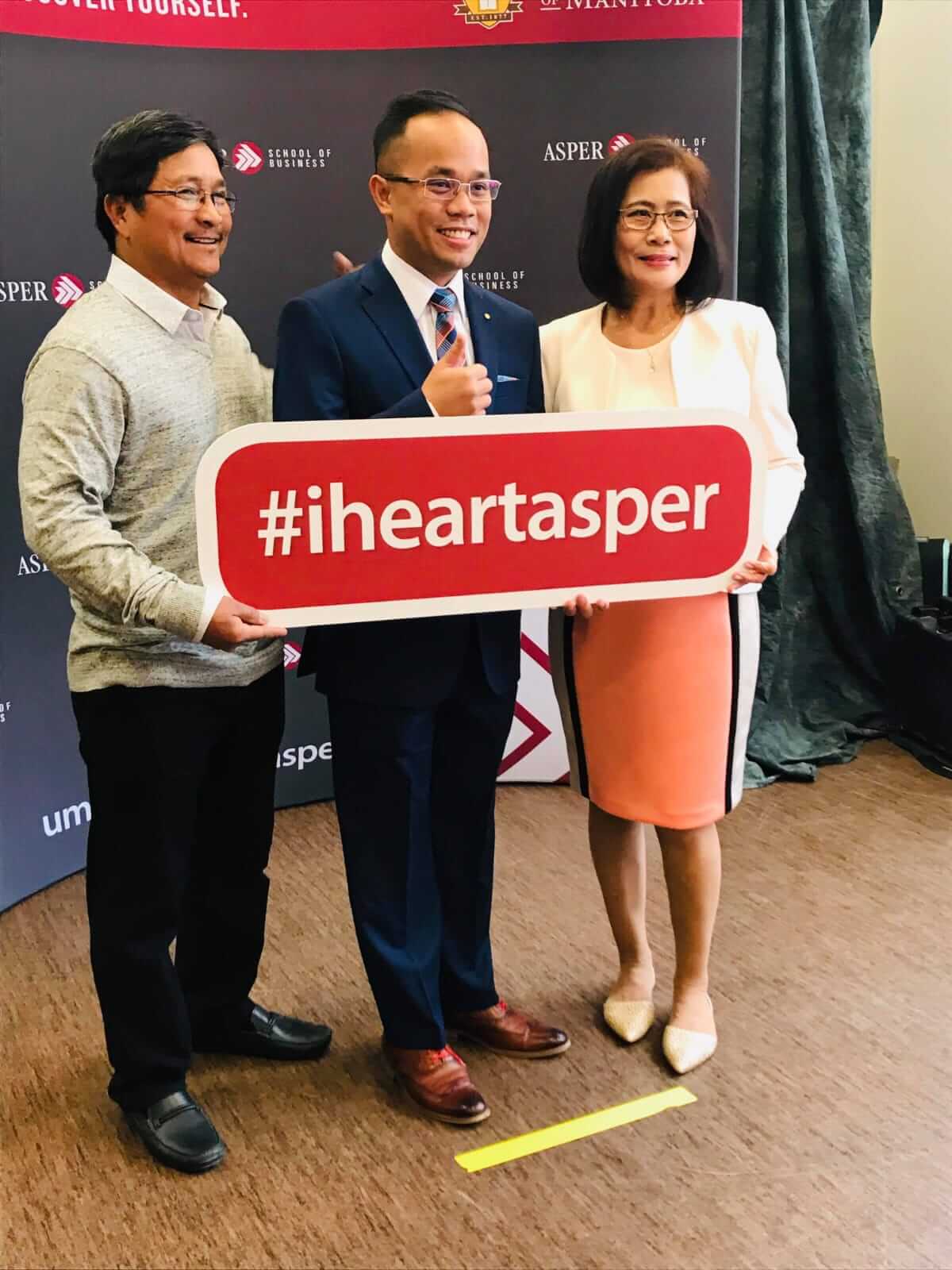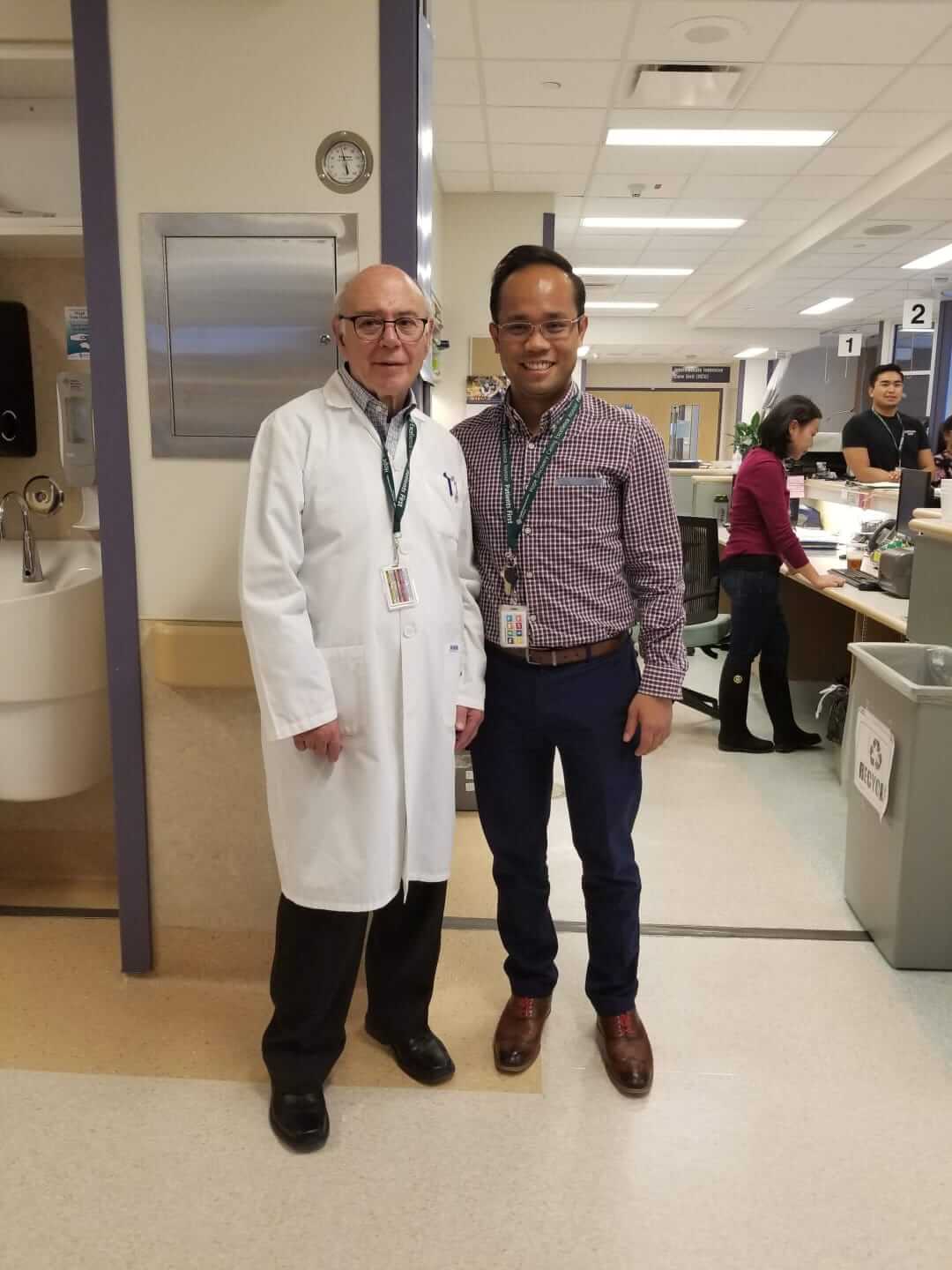Our Stories
I’m thrilled by how easy it is to navigate both within the city and when leaving city limits, even on a busy weekend.
Laura
Clinical Psychologist
BACK TO ALL STORIES
<


Laura’s Story
My Manitoba journey has been an adventure from the start.
I’ve seen so much of the province already, taking advantage of how easy it is to get around and making every effort to get to know my new home.


From day one, I’ve taken opportunities to explore. When I first moved to Winnipeg from Toronto, I opted for a road trip, camping along the way in different provincial parks. I started my new job, working as a clinical psychologist at the province’s largest hospital – Health Sciences Centre (HSC) – and on that first weekend after my arrival, I made the journey to Churchill.

"Winnipeg has its own vibrant culture, with lots of new restaurants and bars to try, concerts to attend, and groups
to join."
Churchill is one of the most northern communities in Manitoba, only accessible by train or plane, and known for its incredible and unique natural beauty. While there, I was lucky enough to experience the “Churchill trifecta” – seeing Northern Lights, polar bears and beluga whales in a single weekend.
Living in Winnipeg, I’m thrilled by how easy it is to navigate both within the city and when leaving city limits, even on a busy weekend. One of my favourite things about Winnipeg is the ease with which I can head in any direction for a new experience. Within an hour, I can find a campsite, hiking trail, provincial park, or paddling experience. The accessibility of nature here has really fed my desire to explore!
And when I’m in the city, there’s no shortage of activities, nightlife and entertainment. After living in Toronto and Montreal for the last 15 years, I didn’t know how I would adapt or what to expect from a somewhat smaller city like Winnipeg. But in reality, Winnipeg has its own vibrant culture, with lots of new restaurants and bars to try, concerts to attend, and groups to join.
I’ve found the term “Friendly Manitoba” to ring true in my experience. I’ve only been here a year, but I’ve made so many friends already. Colleagues have introduced me to their social circles, and I’ve met so many great people through rock climbing, soccer, and hiking groups. People have been so welcoming and made it easy for me to make a home here.


As a clinical psychologist, Manitoba is a unique place to work, as we are considered both medical staff within the provincial health system and hold an academic appointment with teaching and research responsibilities at the University of Manitoba.
This job has provided me with excellent opportunities for training and professional growth, in a warm work environment that truly values psychologists as part of a multidisciplinary healthcare team. It is so rewarding to contribute to patient care, providing assessment and intervention to improve individuals’ everyday functioning and quality of life. I’m really happy to be working and living in Manitoba!
-Laura

